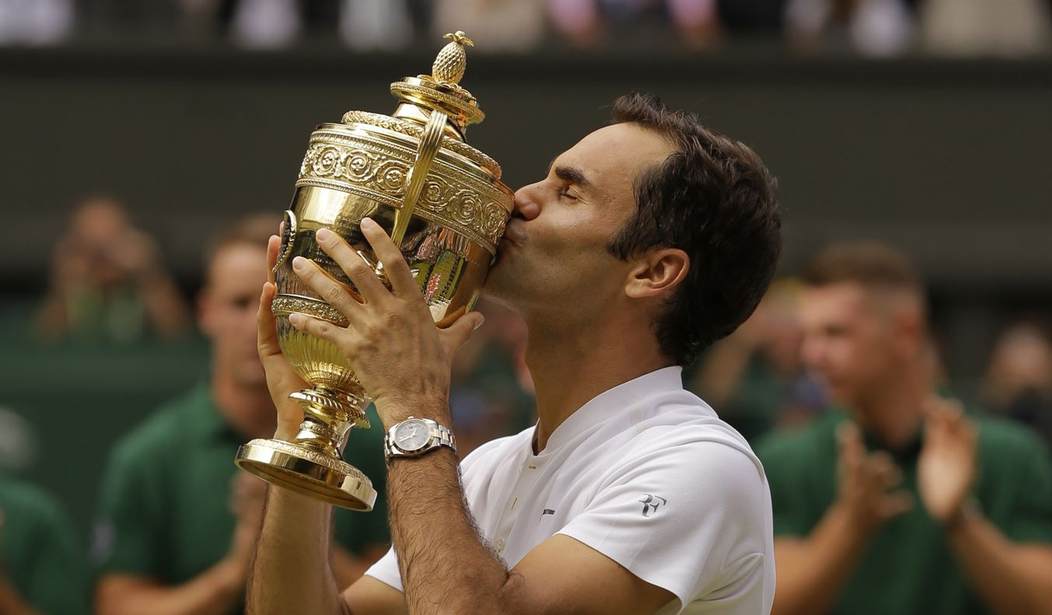How does inclusion look? Evidently, it sometimes looks exclusive. Consider the case of UK music awards show The Brit Awards.
Last November, the show made a very progressive announcement — in light of enlightenment, it would no longer give separate trophies for male and female “Best” categories.
From The Guardian at the time:
The Brit Awards [has] become the latest award ceremony to do away with gendered categories that split male and female talent apart.
For the 2022 ceremony, a new award, Artist of the Year, will replace the British Male Solo Artist and British Female Solo Artist categories. An international artist of the year award will replace the previously gendered international solo artist awards.
It seems the change might’ve been prompted in part by singer Sam Smith:
At 2021’s ceremony, the nonbinary British pop singer Sam Smith was left out of the gendered categories for Solo Artist. They responded: “I look forward to a time where awards shows can be reflective of the society we live in. Let’s celebrate everybody, regardless of gender, race, age, ability, sexuality and class.”
Following Smith’s statement, Brit organizers said they were “committed to evolving the show and the gendered categories are very much under review. But any changes made to be more inclusive need to be just that — if a change unintentionally leads to less inclusion, then it risks being counterproductive to diversity and equality. We need to consult more widely before changes are made to make sure we get it right.”
How might giving away fewer awards for “best” be more inclusive? How can “fewer” be “more”? Those remain unanswered questions. Meanwhile, there’s been a bit of a problem as the change wreaks improvement.
A list of 2023 Artist of the Year contenders has been released:
- Central Cee
- Fred Again
- George Ezra
- Harry Styles
- Stormzy
The new way of doing things has resulted in no females being nominated. Sometimes, so goes “inclusion.”
Still, it’s all the rage:
Report: ‘DEI’ in Science Publications Has Surged by More Than 4,000 Percent
University Professor on ‘Diversity and Inclusion’ Panel Announces She Keeps Away From White People
Utah Public University’s ‘Inclusive Style Guide’ Forbids Students to Say ‘Biologically Male/Female’
‘All-Inclusive’ University Cultural Center Hosts a BBQ ‘Intended’ for Everyone but White People
In Order to Be ‘Inclusive,’ Virginia County Won’t ‘Celebrate’ America’s 250th Anniversary
As for the Brit Awards, not everyone’s thrilled with the progress.
Online, male musician Tim Burgess remarked, “One step forward, three steps back.”
Blue-check tweeter Dr Pam Spurr Psychologist SelfHelp Expert & Artist wrote the following:
All the whining to have gender neutral BRIT awards means NO women nominees in the Artist of the Year award! Well done to the men who want it ALL! Just shove female artists under the bus when they already have fewer music opportunities! (I hope Sam Smith is happy!) #BRITAwards
Per The Guardian last year:
The 2020 ceremony was criticized for only featuring one British woman across the mixed categories of British Album, Group, Song and New Artist…
Officially, The Brit Awards made the switch to recognize “artists solely for their music and work, rather than how they choose to identify or as others may see them.”
Next year, will the show go back to old-fashioned sex-based divisions? That remains to be seen. Either way, progress — it’s been noted before — is a bumpy road. Hopefully, everything will get smoothed out.
The Brit Awards will be held February 11th.
-ALEX
See more content from me:
UNC Chapel Hill Art Club Welcomes All Students but White Ones
‘Brownies’ Changes Its Name Because It Was Racist
Pakistani Movie Star Complains: Hollywood Only Wants White Villains
Find all my RedState work here.
Thank you for reading! Please sound off in the Comments section below.












Join the conversation as a VIP Member